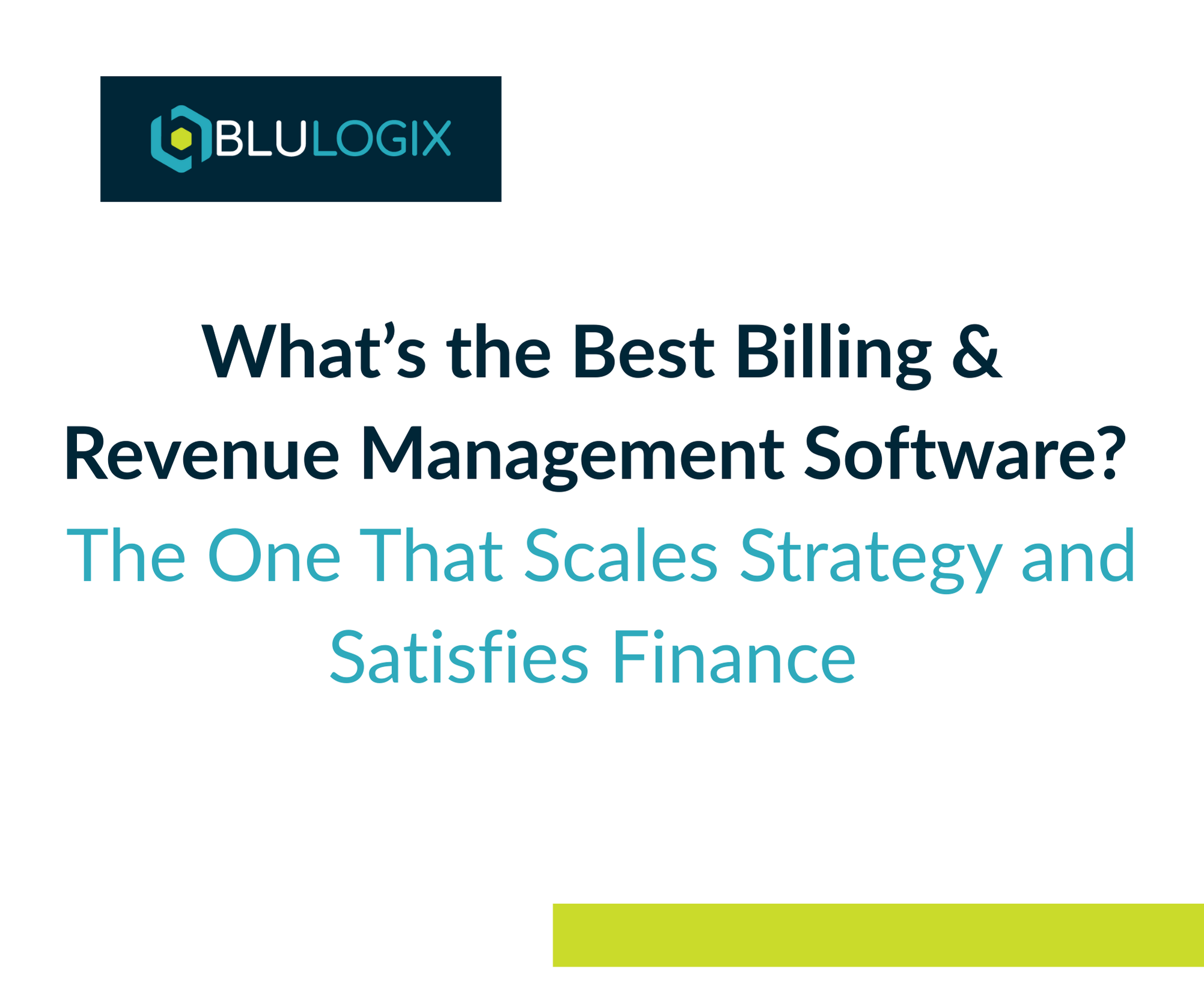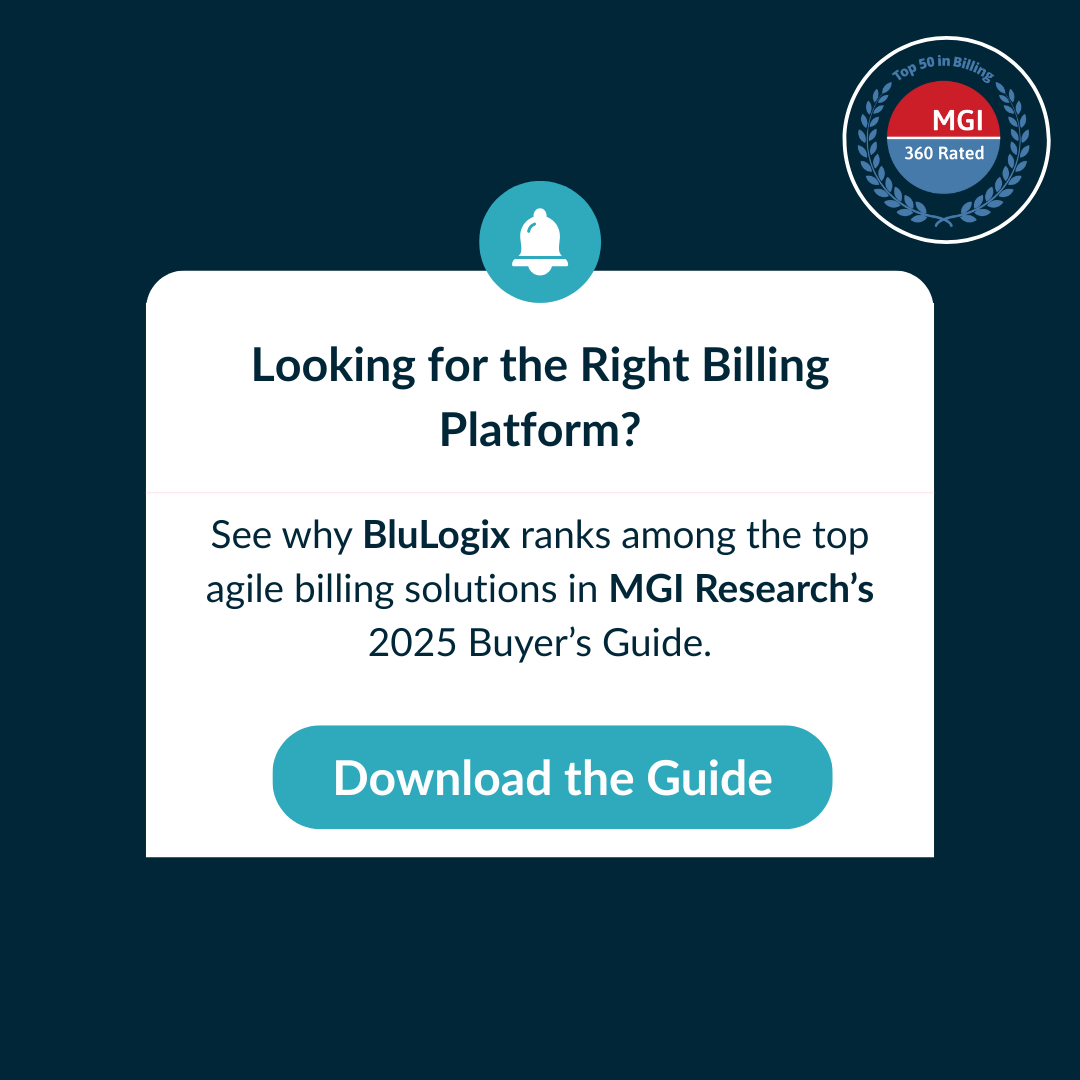Payment Management in Subscription Billing
Payment Management in Subscription Billing
Next in our series of ‘must know’ concepts is Payment Management. Payment management in subscription billing refers to the process of collecting and processing payments from customers for their subscription-based products or services. This can include setting up and managing recurring payments, processing one-time payments, and handling refunds or disputes.
One of the key aspects of payment management in subscription billing is the ability to set up and manage recurring payments. This typically involves setting up a recurring payment schedule, such as monthly or annually, and automatically charging the customer’s payment method at the appropriate time. This can be done using various payment gateway providers like Stripe, PayPal, and others.
Another important aspect of payment management is handling refunds and disputes. This may involve issuing refunds to customers who request them, or working with customers to resolve disputes over charges or billing errors. This can be done through the payment gateway providers or with the help of the billing system.
Payment management in subscription billing can also include the option for customers to make one-time payments, as well as the ability to handle different types of payments like credit card, bank transfer, and others. It may also include the ability to handle different currencies and taxes.
Overall, payment management in subscription billing is a critical aspect of running a subscription-based business, as it ensures that payments are collected and processed accurately and on time, which ultimately help in the smooth functioning of the business.
Take your business further with BluIQ’s flexible, scalable, enterprise-grade intelligent billing solutions.
Payment Management Subscription Billing FAQ
What is payment management in subscription billing?
Payment management in subscription billing refers to the process of collecting and processing payments from customers for their subscription-based products or services. This can include setting up and managing recurring payments, processing one-time payments, and handling refunds or disputes.
How are recurring payments managed in subscription billing?
Recurring payments in subscription billing are typically set up using a recurring payment schedule, such as monthly or annually, and automatically charged to the customer’s payment method at the appropriate time. This can be done using various payment gateway providers like Stripe, PayPal, and others.
How are refunds and disputes handled in subscription billing?
Refunds and disputes in subscription billing are typically handled by issuing refunds to customers who request them, or working with customers to resolve disputes over charges or billing errors. This can be done through the payment gateway providers or with the help of the billing system.
Can customers make one-time payments in subscription billing?
Yes, payment management in subscription billing can include the option for customers to make one-time payments, as well as the ability to handle different types of payments like credit card, bank transfer, and others.
Does payment management in subscription billing include handling different currencies and taxes?
Yes, payment management in subscription billing can include the ability to handle different currencies and taxes, depending on the billing system and payment gateway providers being used.
How important is payment management in a subscription-based business?
Payment management is a critical aspect of running a subscription-based business, as it ensures that payments are collected and processed accurately and on time. This ultimately helps in the smooth functioning of the business, as well as maintaining customer trust.
Take your business further with BluIQ’s flexible, scalable, enterprise-grade intelligent billing solutions.
Learn more

What’s the Best Billing & Revenue Management Software? The One That Scales Strategy and Satisfies Finance

Features That Power Complex B2B Contracts — And How BluLogix Delivers Them



